Request for recommendation letter template
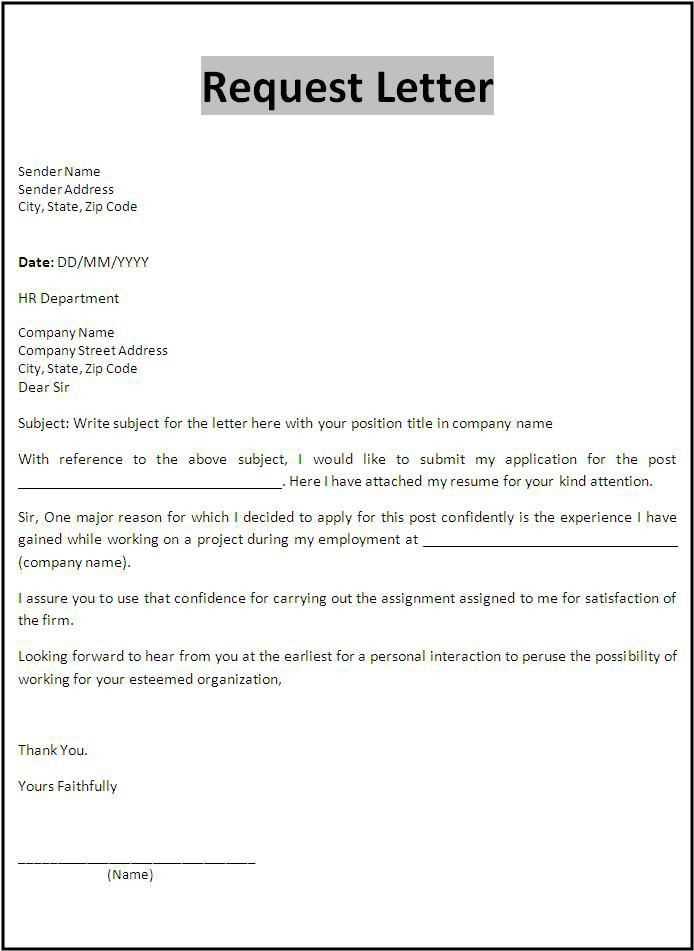
If you’re asking for a recommendation letter, it’s crucial to make your request clear and professional. Begin by addressing the person you’re requesting the letter from, and clearly explain the purpose behind the letter. Make sure to provide context, whether it’s for a job application, academic program, or another opportunity.
Provide key details that will help the writer. Mention the deadline for submission, specific skills or achievements you’d like them to highlight, and any important points they should include to make your application stand out. This ensures the recommendation is both relevant and specific to your needs.
It’s a good idea to include any relevant documentation or background information that will assist the writer in crafting a strong letter. This could include your resume, past accomplishments, or a brief outline of the role or program you’re applying for. The more information you provide, the better they can tailor their letter to your goals.
Lastly, always express your appreciation for their time and help. A polite thank-you can go a long way in maintaining a positive relationship, regardless of the outcome of your request.
How to Structure Your Recommendation Request
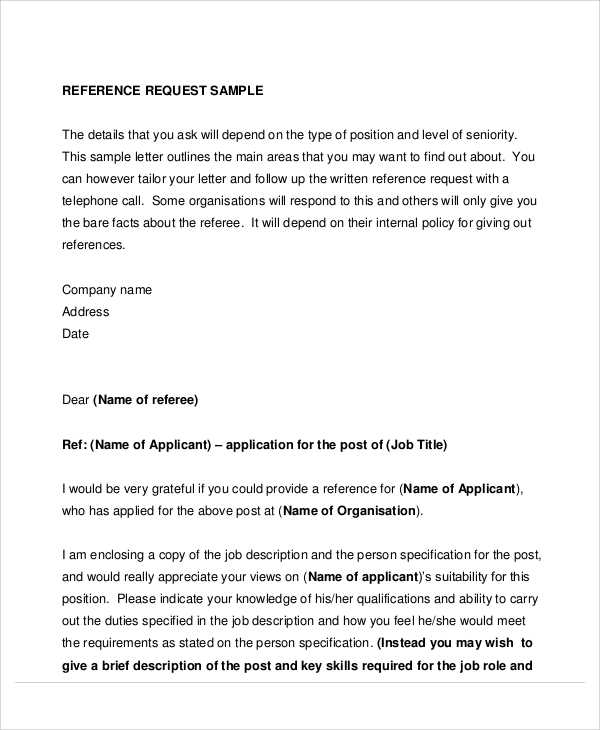
Clearly state why you are requesting the letter and what the letter will be used for. Mention the specific role, program, or opportunity you are applying for. This helps the recommender tailor their letter to the situation.
Provide details about your relationship with the recommender. Highlight the nature and duration of your connection to give context. This can include how long they’ve known you and in what capacity.
Explain what you hope the recommender will focus on. Point out the skills, experiences, or qualities that are relevant to the position or program. This gives the recommender clear guidance on what to emphasize in the letter.
Make the request in advance. Offering enough time allows the recommender to craft a thoughtful and detailed letter. Provide them with any necessary documents, such as your resume or a list of accomplishments, to help them write the letter.
Finally, express gratitude for their time and consideration. Acknowledge their effort in supporting you and the opportunity they are helping you pursue.
Choosing the Right Person to Ask
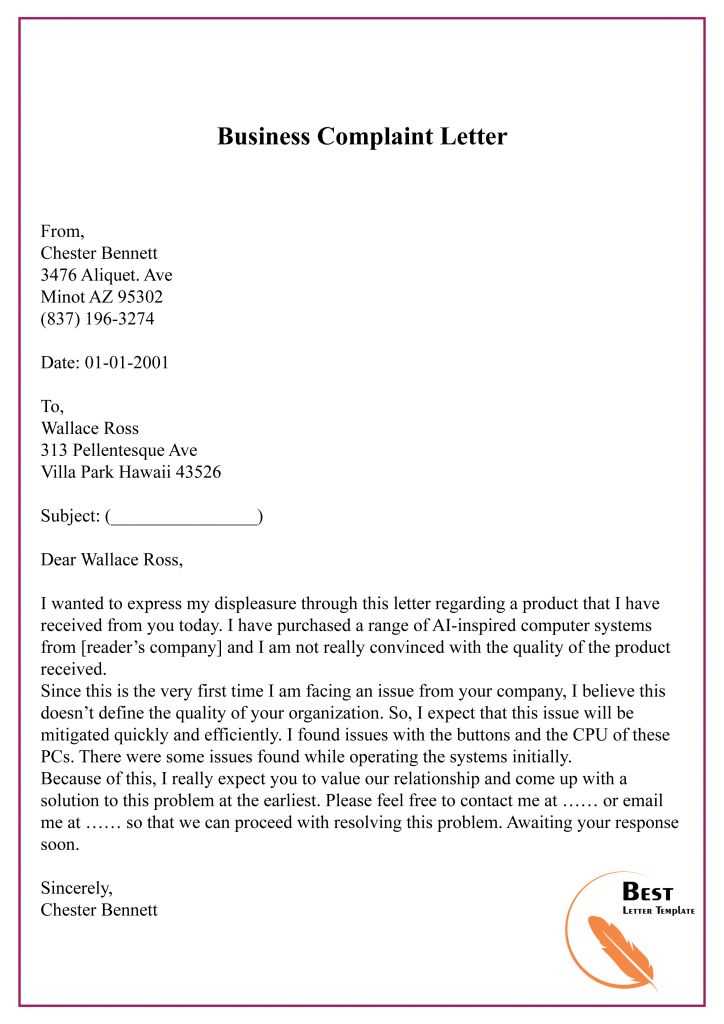
Pick someone who knows you well and can speak to your strengths. Ideally, this person should be familiar with your work, character, or specific achievements relevant to the position you’re applying for. A supervisor, mentor, or colleague with direct experience with you in a professional or academic setting is usually a solid choice.
Consider someone who can provide specific examples of your skills and contributions. A generic recommendation won’t stand out, so ask someone who can highlight what makes you unique. This person should be credible in the eyes of the person reading the letter, so choose someone with authority in the field or relevant experience.
Here’s a table with a few suggestions to guide your decision:
| Person to Ask | Why They’re Ideal |
|---|---|
| Current or Former Supervisor | They can provide detailed insights into your work ethic and accomplishments. |
| Mentor | A mentor has often seen you grow over time and can speak to your potential. |
| Colleague | Someone who has collaborated with you on projects and witnessed your skills in action. |
| Professor or Academic Advisor | If applying for an academic role, a professor who knows your academic performance can offer relevant insights. |
Ensure that the person you’re asking has enough time to write a thoughtful letter. A rushed recommendation can come across as less genuine. Be clear about your expectations and give them ample notice.
Timing Your Request for a Letter
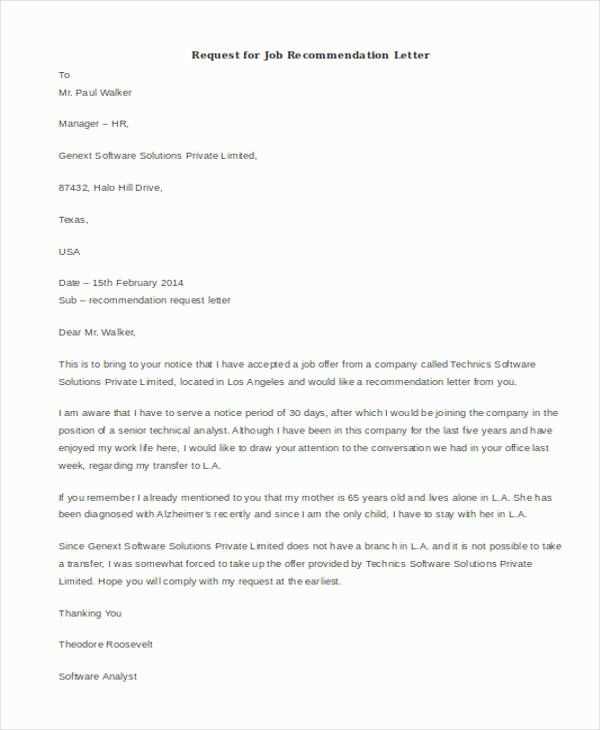
Give your recommender enough time to write a thoughtful letter. Aim to send your request at least 4-6 weeks before your deadline. This provides ample time for them to reflect on your achievements and craft a personalized letter.
Consider the recommender’s schedule. If they have a busy period, such as the start or end of a semester, reach out even earlier. Professors, employers, and mentors often juggle multiple tasks and may appreciate an extended timeline.
Setting Clear Deadlines
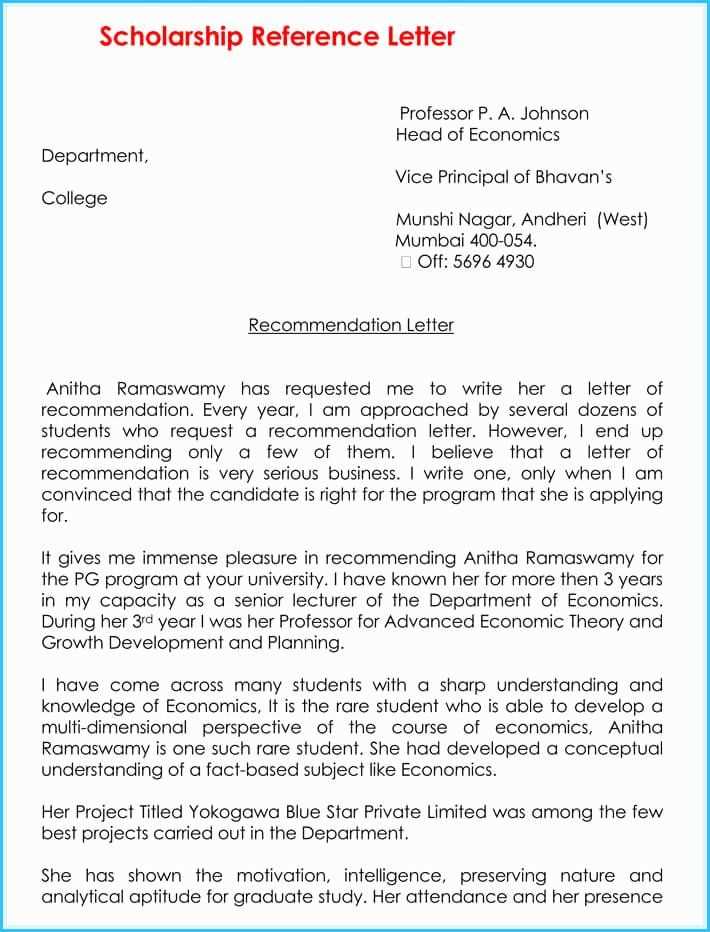
Be specific about the date you need the letter. Include both the final submission date and any internal deadlines if applicable. For example, if you need the letter two weeks before the actual deadline, communicate this early on.
Follow-up with a Gentle Reminder
If the submission deadline is approaching and you haven’t received the letter yet, a polite reminder is appropriate. Send it a week or so before the final date, ensuring that it’s still convenient for your recommender to complete the letter on time.
Respect their time and appreciate their effort in supporting you, and your request will be more likely to succeed.
How to Frame Your Request Professionally
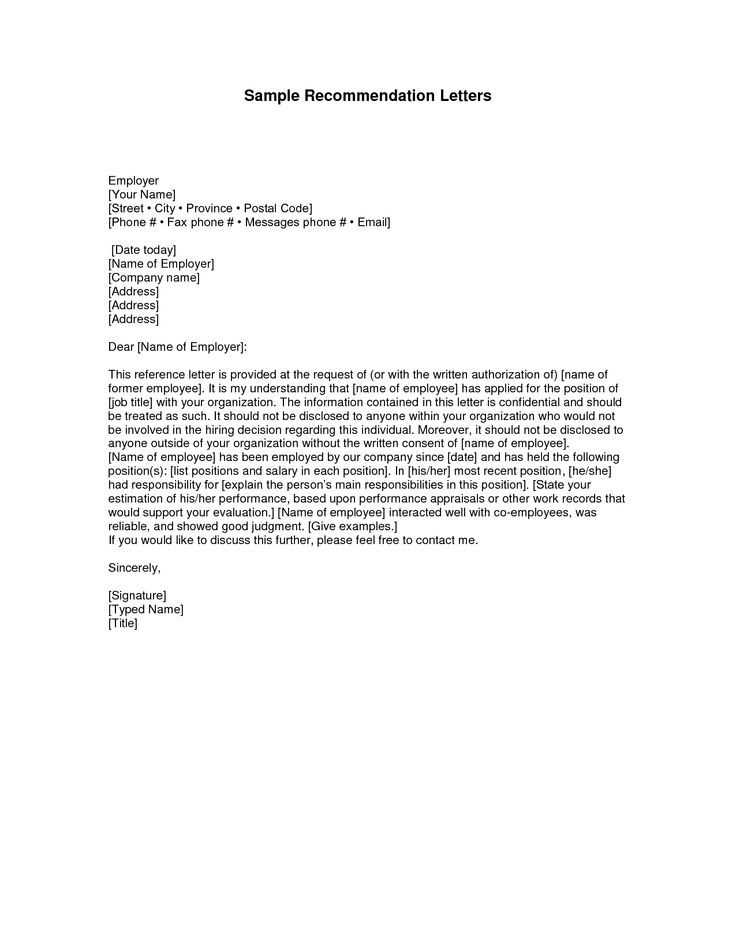
Address the recipient respectfully using their preferred title. State the purpose of your request clearly and briefly. Make sure to mention why you are reaching out specifically to this person, highlighting your past interactions or work together. Keep your tone polite, but confident, ensuring that the recipient feels comfortable with the request.
Provide Context for the Recommendation
Give details about the position or opportunity you are applying for, and explain how the recommendation will support your application. Be specific about the skills or experiences you would like the letter to highlight, and mention any deadlines if applicable. This ensures the person writing the letter understands exactly what to focus on and when it is needed.
Express Gratitude and Flexibility
Always thank the recipient in advance for their time and consideration. Let them know you understand the effort involved in writing the letter and express that you are open to providing any additional information they might need. End the request on a positive note, allowing them the option to decline without feeling pressured.
What Information to Provide for a Strong Letter
Provide specific details that allow the writer to craft a personalized and compelling letter. The following points will guide you in sharing the right information:
- Reason for the request: Clearly state why you need the letter. Mention the position, program, or opportunity you are applying for.
- Skills and achievements: Highlight your key skills and accomplishments that are relevant to the application. Focus on recent achievements that demonstrate your ability to excel.
- Relationship with the writer: Briefly explain how you know the person writing the letter. Mention the length of your relationship and the context in which you worked together.
- Specific qualities to highlight: Suggest any traits or qualities you would like the writer to emphasize. Focus on strengths that align with the position or program you’re targeting.
- Examples and stories: If applicable, provide specific examples or anecdotes that showcase your skills in action. These should relate directly to the letter’s purpose.
- Deadlines and format: Inform the writer of the submission deadline and any format or platform requirements for the letter.
By offering these details, you help ensure the letter is tailored to your goals and highlights your most relevant strengths.
Follow-Up and Gratitude After Requesting the Letter
After a few days, reach out to the person you requested the letter from. A polite follow-up shows appreciation for their time. Thank them for considering your request and express your understanding if they need more time. Be specific about the deadline if it’s approaching, but remain flexible and accommodating.
In your message, gently inquire about the progress of the letter. Keep the tone light and professional. Reaffirm your gratitude for their willingness to assist, highlighting how valuable their support is to your application or goal. Be concise, respectful, and avoid overwhelming them with additional requests.
Once you receive the letter, send a thank-you note. Acknowledge their effort and express how much their contribution means to you. Let them know the outcome of your application, if possible, as it shows that their support had a meaningful impact.